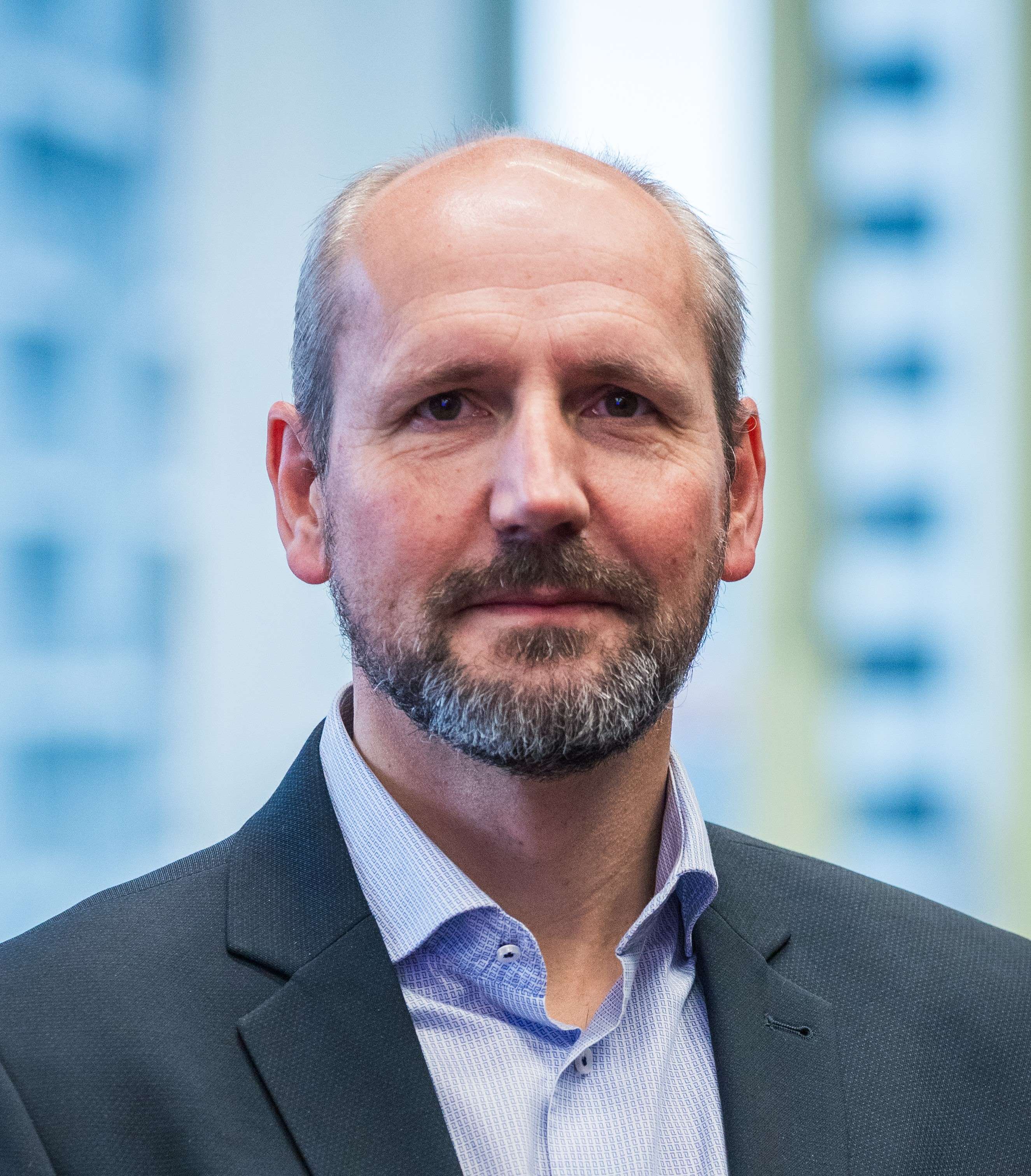 \
&
Contact us
\
&
Contact us
 \
&
Contact us
\
&
Contact us
September 2024 the European Commission signed a Memorandum of Understanding with SPACE aisbl for the co-programmed European Partnership for Globally Competitive Space Systems (“Space Partnership”) in the context of Horizon Europe.
The “Space Partnership” aims at fostering the competitiveness of the space industry. In bringing together the whole supply chain in the identification of key research priorities, it should accelerate innovation and time-to-market of EU space systems.
The “Space Partnership” will increase the involvement of the private sector in the programming of Horizon Europe as of 2025. 100 million EUR of EU-funding will be allocated to the topics proposed by the Space Partnership in domains of satellite communication, Earth observation or space transportation. Private partners are expected to co-invest 120million EUR mainly through in-kind contributions.
The “Space Partnership” is a pilot case – a new way of working with industry and research institutes in the field of research and innovation. The Commission has consolidated the scope and governance of the partnership with the founding members of SPACE aisbl , in close collaboration with Member States.
The partnership association SPACE aisbl was established in 2024. Its founding members are Eurospace, SME4Space, ESRE, EASTRO and EASN – they represent a large part of the whole space supply chain.
The signature took place in presence of the Director General of DG DEFIS, the Director General of DG RTD, the SPACE aisbl President and representatives of its founding Members.
Through this partnership, the SME4SPACE members have a unique opportunity to define the topics of the next calls of Horizon Europe. SME4SPACE is looking for contributors to elaborate the work programmes, to define roadmaps and to provide inputs in the domains covered by the space partnership.
Please inform the partnership of your interest by sending a message to info@sme4space.org.
The space partnership entitled ‘Globally Competitive Space Systems’ gives SMEs the opportunity to discuss with the European Commission the priorities of Horizon Europe in 2025-2027. Through dialogue, working groups and road mapping activities, our members will be able to determine the topics for inclusion in the next calls of Horizon Europe for the domains covered by the partnership. Thanks to the space partnership, SMEs will contribute to the programming of the EU for the next years and this as of the second half of 2023.
We are looking for contributors and members that want to express their views and provide inputs in the following domains:
A full description of the SRIA and the above mentioned chapters, can be found on the website of the European Commission.
Partnerships group the EC and private and/or public partners, to coordinate and streamline the research & innovation initiatives and funding in some selected key domains.

mark.antonissen@vlaio.be
The Horizon2020 project BEAT-AF brings together 9 European renowned clinical centres in France, Belgium, Czechia, Germany and Austria. Together, the consortium strives to revolutionize Atrial Fibrillation (AF) treatment through catheter ablation and contribute to decrease the huge burden of AF in Europe. The BEAT-AF project kicked off in 2021 and will run until 2026. The department of electrophysiology of the AZ Sint-Jan Hospital in Bruges is partner in the project and has so far contributed to the pre-clinical development, the first in man studies and first registries of the revolutionary AF treatment put forward by the consortium. The first pilot studies show that the treatment is safe, effective and efficient.